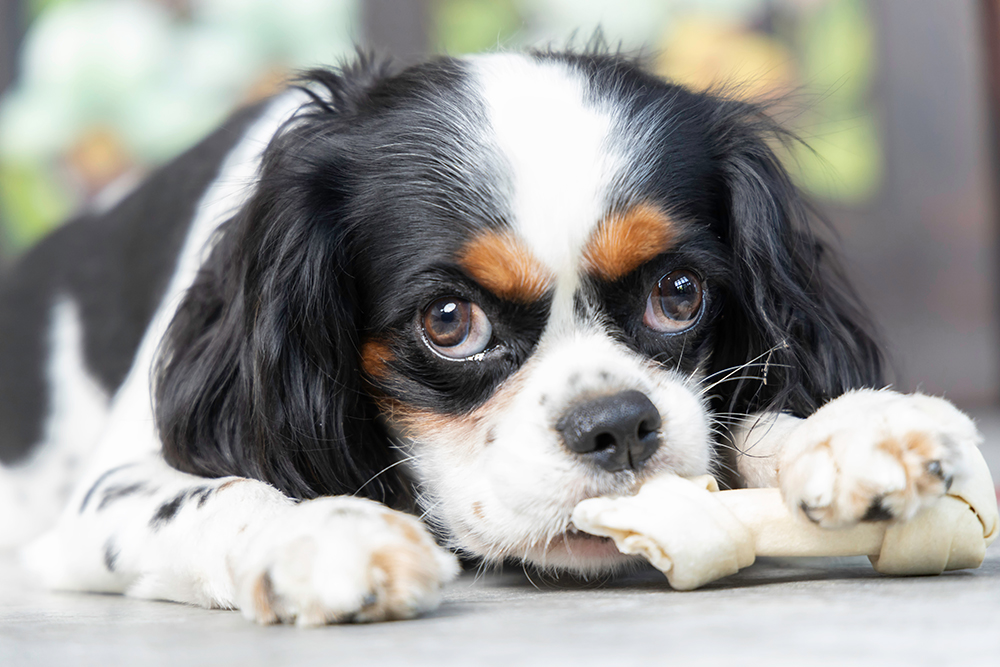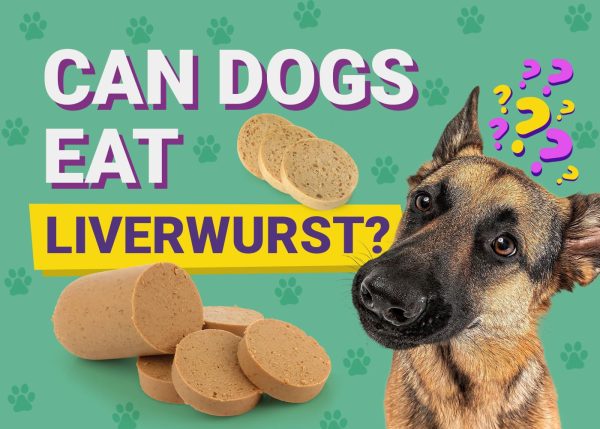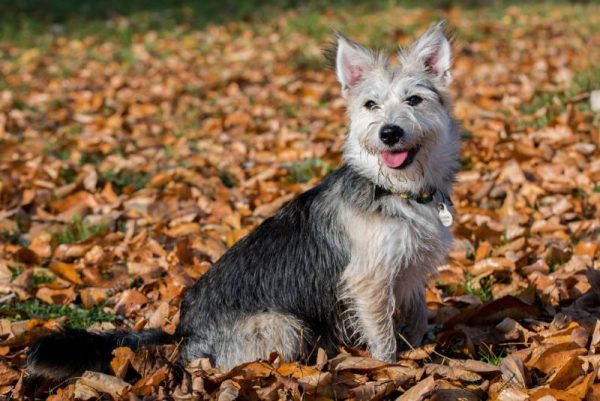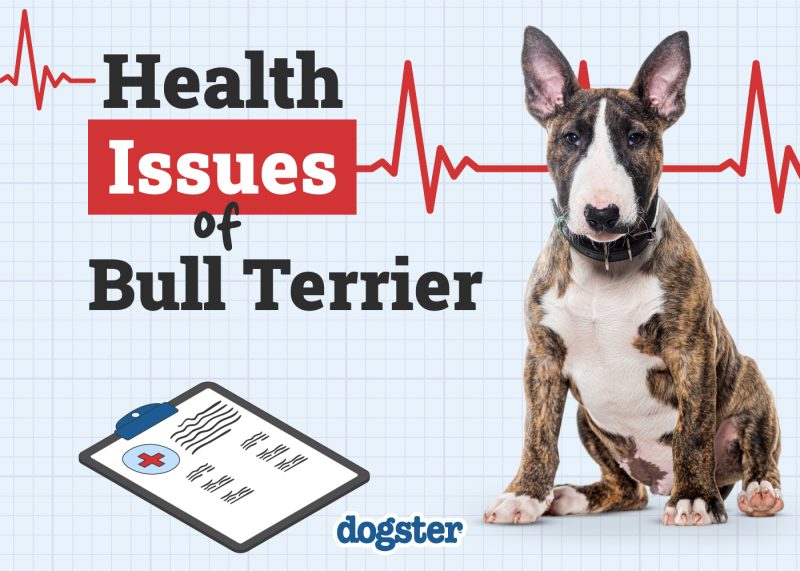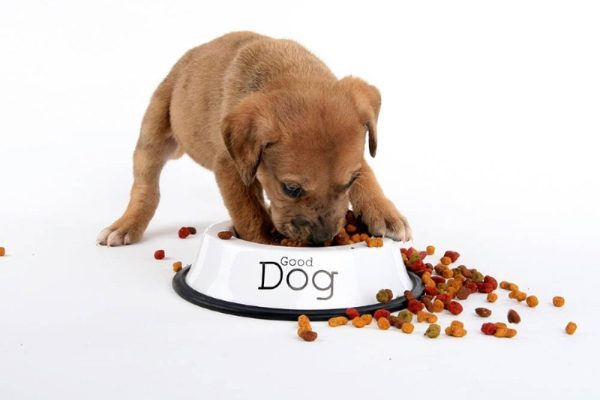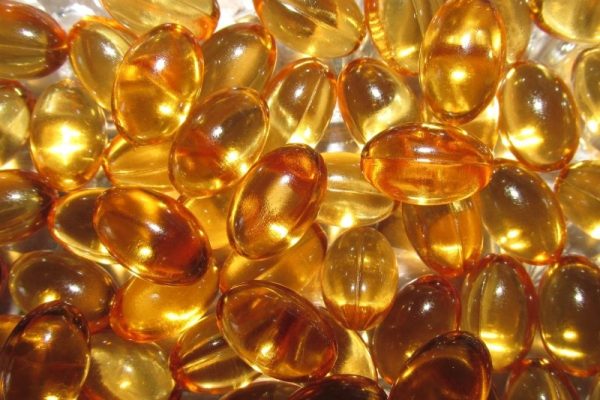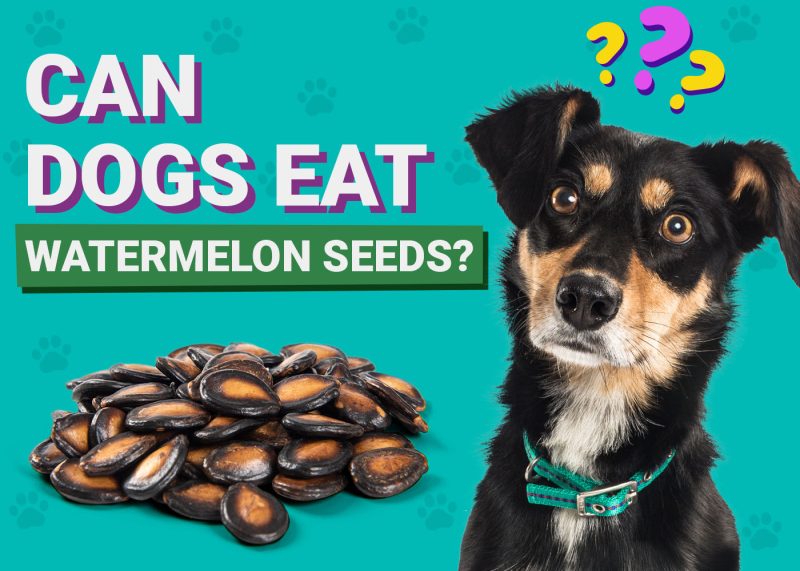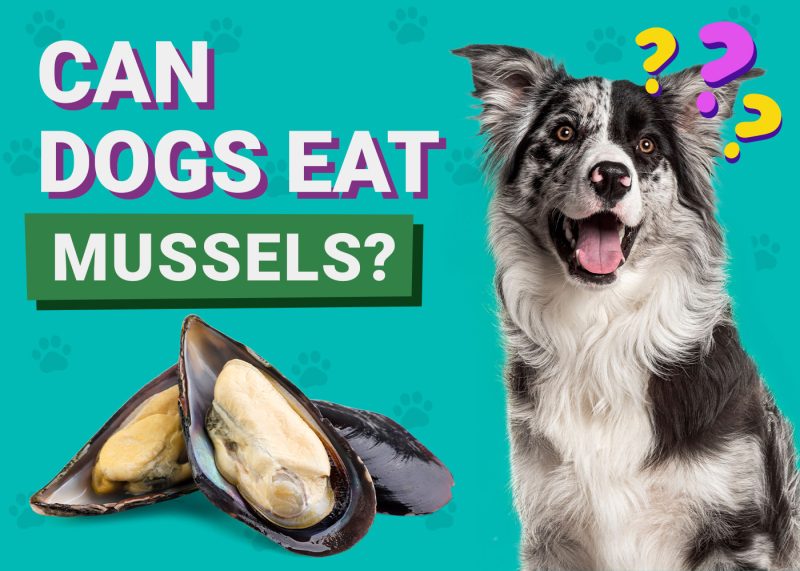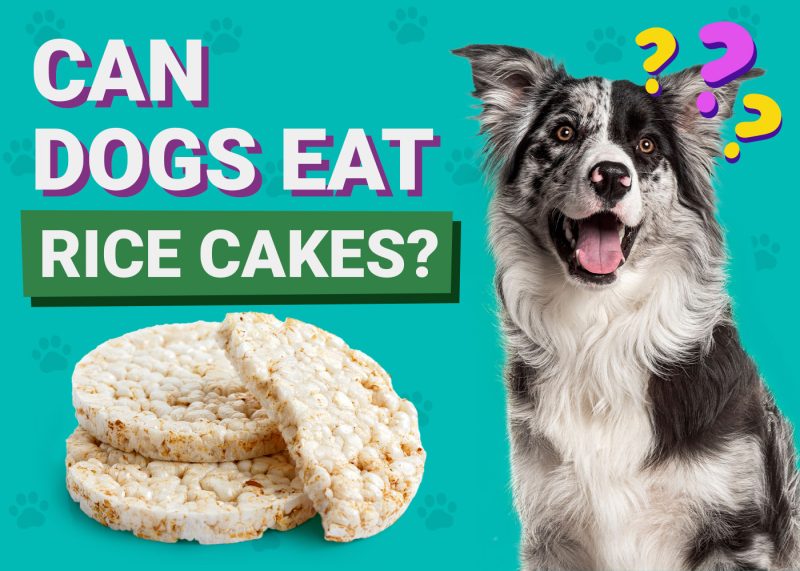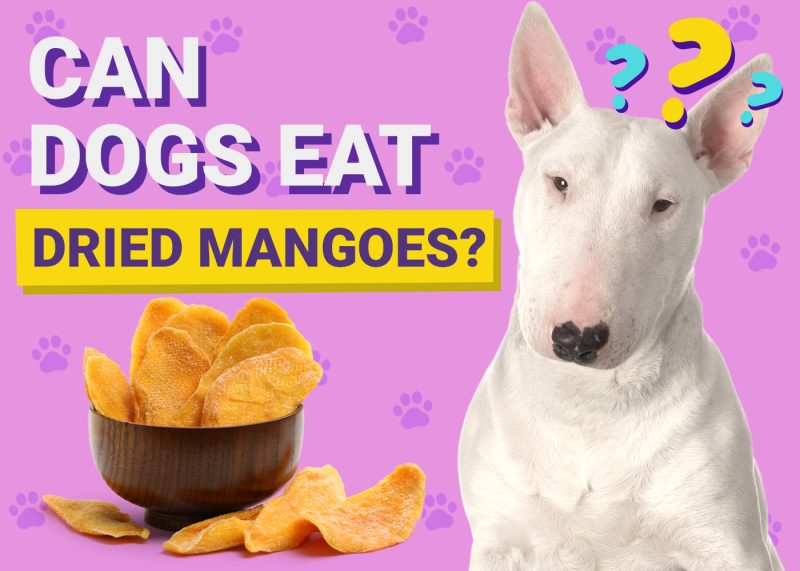The Cavalier King Charles Spaniel is a toy dog breed that’s among the most popular dog breeds kept as pets today. Ranking at #14 according to the American Kennel Club’s (AKC) popularity ranking for 2023, it’s evident that these charming pups have solidified their place in the hearts of many owners.
An important aspect of pet care is knowing just how much you need to feed your pet. This ensures you’re not overfeeding or underfeeding, as both can lead to unwanted health issues.
Many factors determine the number of Calories (kcal) a Cavalier King Charles dog requires on a daily basis. Broadly speaking, a neutered, healthy adult Cavalier King Charles dog requires around 430–530 Calories per day.
The guideline above doesn’t apply to all Cavalier King Charles dogs, though. As such, consulting a veterinarian for a more accurate feeding regimen or plan is warranted. Read on as we look at the factors that can change your dog’s nutritional requirements.
How Much Does a Cavalier King Charles Eat In a Day?
The number of calories a dog needs in order to maintain their current weight over a long period of time is referred to as their maintenance energy requirement. Veterinary nutritionists often calculate this figure using the following formula:
- 90 kCal * body weight 75
In the formula above, the body weight unit that nutritionists use is in kilograms.
Though this formula can give an approximation of a pet’s caloric needs, many factors (both internal and external) have an impact on a dog’s actual nutritional requirements. Examples of such factors include the following:
- Growth
- Gestation
- Lactation
- Physical Activity
- Sex
- Body Surface Area
- Neuter Status
- Percentage of Body Fat
- Changes in Hormones within the body
- Fever
- Anxiety
- Ambient Temperature
Please note that the list above isn’t exhaustive.
With so many factors in play when determining a dog’s caloric requirements, it’s best to consult your veterinarian to determine your dog’s nutritional needs.
A healthy adult Cavalier King Charles dog that is neutered (desexed) would weigh around 6–8 kg (13–18 pounds) and would require anywhere between 430–530 Calories per day.
If you need to speak with a vet but can't get to one, head over to PangoVet. It's our online service where you can talk to a vet online and get the personalized advice you need for your pet — all at an affordable price!

How Much to Feed
The amount of food to feed is determined by your dog’s caloric needs and the number of calories per serving of the food you’re giving your dog. This is best if demonstrated by an example.
- Say your Cavalier King Charles is a healthy, neutered adult with a body condition score of 5/9 and weighs 7 kilograms (15 pounds).
- Your dog would require approximately 480 Calories per day
- Let’s assume brand X of dog food provides 350 Calories per cup
- Your dog would, therefore, need 480/350 = 1.371 cups of brand X food per day
Please note that the scenario above is an example of maintaining a dog’s weight. If your dog needs to lose weight, gain weight, is pregnant/lactating, or is not a neutered adult of the weight mentioned above, the information above will not work for them.
A sample feeding guideline for a juvenile is attached below:


What Should I Feed My Cavalier King Charles?
The most convenient way to feed your dog is to select a commercial diet that is complete and balanced, intended for dogs, and appropriate for your pet’s life stage.
Commercial diets come in several varieties, including dry (kibble), canned, fresh, raw, freeze-dried, frozen, and semi-moist preparations. Each has pros and cons, and there is no right or wrong answer.
The exact amount of calories an individual animal needs to maintain a healthy weight is variable and influenced by many factors including genetics, age, breed, and activity level. This tool is meant to be used only as a guideline for healthy individuals and does not substitute veterinary advice
What About Treats?
Treats are a fantastic training tool for dogs and also help enhance your bond with your pet. However, the reality is that any treat will add calories to a dog’s diet, and as such, they shouldn’t constitute more than 5% of your dog’s daily nutritional intake.
Treats have to be factored in when it comes to your dog’s caloric requirements to ensure you don’t overfeed your pet. If you aren’t sure how many treats are considered too many for your dog, it’s best to ask a veterinarian for more advice.

 Conclusion
Conclusion
The world of animal nutrition can seem overwhelming at times. Several factors play a role in determining how much your Cavalier King Charles will need to eat in a day. As a general rule, when using a commercial brand, you should follow the feeding guidelines on the bag’s label in accordance with your pet’s weight.
However, as we’ve learned, it’s probably best to consult a veterinarian to ensure that you formulate a feeding regimen appropriate for your pet. Remember that, like us, our dogs are individual, unique biological entities.
Just like how a generic dietary guideline may not work for us, our dogs, too, may need to be assessed individually in lieu of being placed on a general feeding recommendation. As pet parents, we owe it to our dogs to ensure we offer them the very best.
A nutritional plan that meets their individual needs is a good way to ensure that we’re doing the right thing for them.
Related Read:
- Pros & Cons of Getting A Cavalier King Charles Spaniels
- Is a Cavalier King Charles Spaniel Hypoallergenic? Breed Facts & FAQ
Featured Image Credit: Bussakorn Ewesakul, Shutterstock

